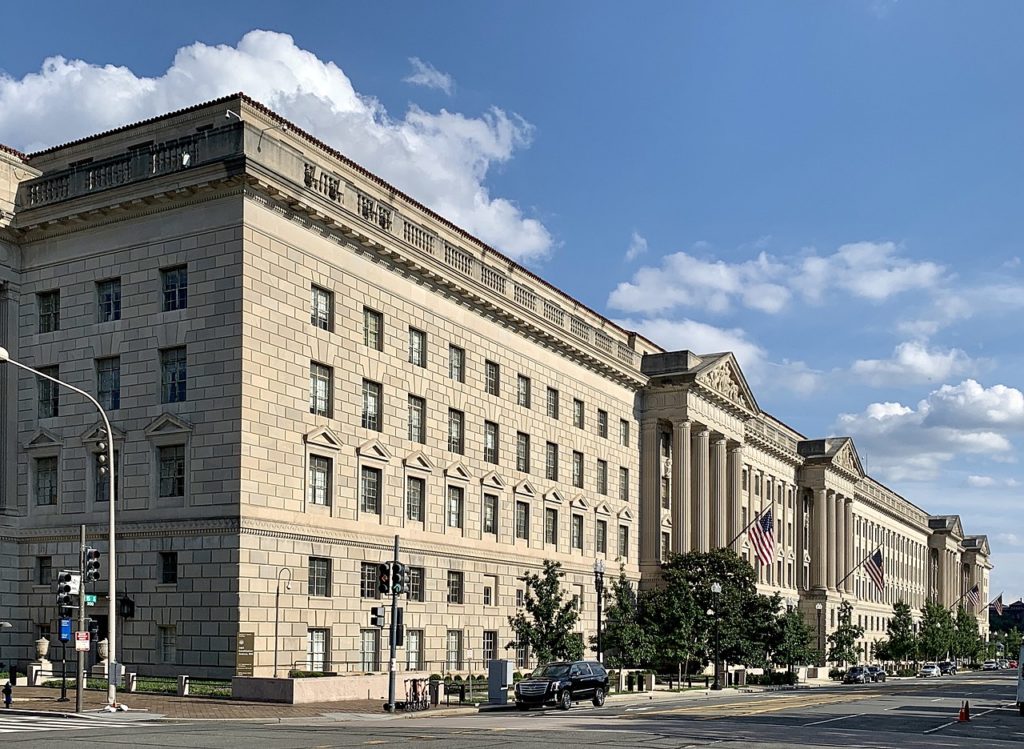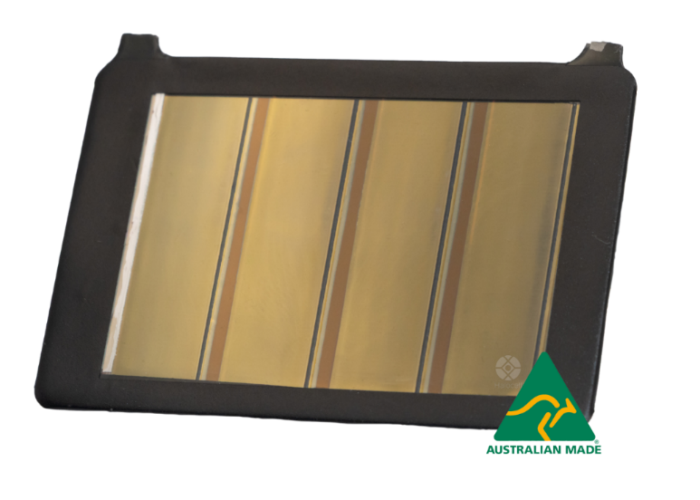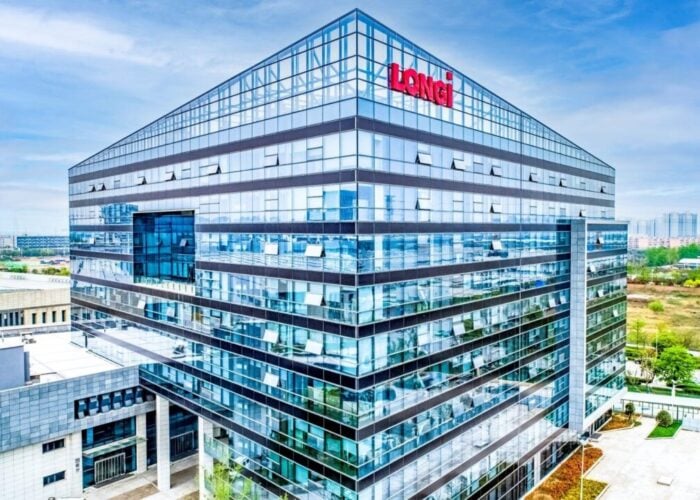
US solar manufacturers behind the anti-dumping and countervailing duties petition have responded to a US government request for more information, stressing the case is “vital” to rebuilding US solar manufacturing.
However the companies behind the group, dubbed American Solar Manufacturers Against Chinese Circumvention (A-SMACC), have once again refused to reveal their identities publicly.
Unlock unlimited access for 12 whole months of distinctive global analysis
Photovoltaics International is now included.
- Regular insight and analysis of the industry’s biggest developments
- In-depth interviews with the industry’s leading figures
- Unlimited digital access to the PV Tech Power journal catalogue
- Unlimited digital access to the Photovoltaics International journal catalogue
- Access to more than 1,000 technical papers
- Discounts on Solar Media’s portfolio of events, in-person and virtual
A response to requests made by the US Department of Commerce was published via the group’s legal representatives Wiley yesterday (13 October). Wiley published an executive summary of the document and linked to the full response here, however some elements – specifically details pertaining to the petitioners and their company activities – have been redacted.
The response argues that China’s “near control over supply chain chokepoints” and broader influence over the global solar market pose “extraordinary risks” to the individual members of A-SMACC, and as such revealing their identities would put them at risk of “potentially crippling retaliation” by the Chinese government.
It stresses that it is now “well established” that the Chinese government uses tactics of economic coercion, citing evidence from the Centre for Strategic and International Studies as attesting to that. It adds that the US solar industry, or its participants, have been the victims of this coercion on “multiple occasions”, noting the hacking of SolarWorld – a petitioner in the 2011 case for antidumping – which resulted in commercially sensitive and confidential documents being stolen.
Arbitrary antidumping duties placed on US-made polysilicon in 2012 was also used as an example of economic harm on the US’ domestic solar supply chain, given how the tariffs prompted the closure of several US-based polysilicon facilities and the loss of associated jobs.
The response also states that both the US Department of Commerce and the US Trade Representative has determined the threat of retaliation, with Wiley stating that affording petitioners confidential treatment is the “only way these US companies can protect their vital business interests” while pursuing their statutory right to request protection while the case is ongoing.
Meanwhile, the response also goes on to comment on parties that have publicly opposed the petition, most notably the Solar Energy Industries Alliance (SEIA) and the American Clean Power Association (ACP).
A letter addressed to Commerce Secretary Gina Raimondo, coordinated by SEIA and signed by more than 190 companies, said the prospect of extended anti-dumping and countervailing duties posed an “immediate and serious threat” to the US’ solar industry, citing SEIA research that up to 18GW of projects could be jeopardised by any resultant tariffs.
A-SMACC’s response notes that US-based subsidiaries of major solar manufacturers that own subsidiaries cited in the petition are members of SEIA, with JinkoSolar in particular having a representative on the association’s board, while LONGi Solar also has a place on the board of ACP.
The response also attests that the petition’s opponents have sought to characterise it as an action against specific countries, rather than subsidiaries of Chinese companies, a point A-SMACC describes as “obfuscatory”, while further stressing that Chinese retaliation as a result of the case – which it considers likely – “could devastate what remains of the US solar industry”.
“Breaking China’s stranglehold on the upstream solar supply chain depends on ending its unfairly obtained dominance of the market for solar equipment, including cells and modules.
“This case is a vital part of a U.S. response to reverse those trends and rebuild the solar supply chain in America,” the response reads.
A Department of Commerce (DOC) decision on whether or not to carry out an investigation into the petition’s claims was expected at the end of last month, however it was delayed while the DOC sought extra information from the petitioners, including their identities.
That information was requested for on or before 6 October, however the parties were given an extra week to respond.
Now A-SMACC has responded, Commerce has 45 days in which to confirm whether or not an investigation will be launched, however a decision is anticipated within a shorter timeframe.







